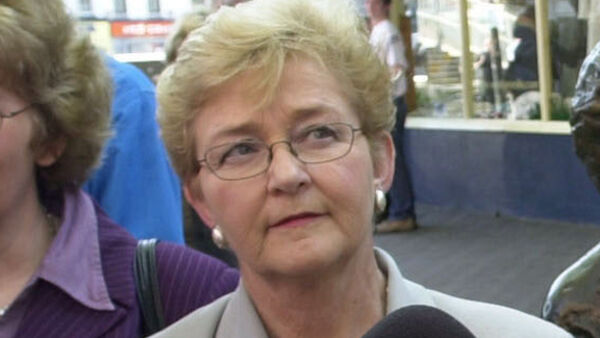Tributes have been paid to former Minister for Education Niamh Bhreathnach who passed away yesterday at the age of 77.
In a statement released yesterday, President of Ireland Michael D. Higgins said that Bhrathnach’s time as minister left “an extraordinary legacy of educational reform”.
Among her achievements, Higgins highlighted the abolition of third-level undergraduate tuition fees and significant increases in education spending, the introduction of the Leaving Certificate Applied programme, and the expansion of the Transition Year programme to all secondary schools, “any of which one their own would reflect a significant term of office”.
Bhreathnach was made a minister in her first term as a TD and was the first member of the Labour Party to be appointed Minister of Education.
Most notably, in 1996 Bhreathnach abolished third level education tuition fees. and instead replacing them with student contributions. This has eased the cost of education for families all across the country and allowed for students from lower income families to attend university.
“I could begin to plan for a time when universal access to third-level was a right, not a middle class aspiration” said Bhreathnach in a 20161996 op-ed for The University Times.
Since the abolition of tuition fees, the separate student contribution charge has been increased to €3,000 annually.
Labour Leader and former Dublin University Senator Ivana Bacik expressed her deep sadness and shock on hearing of the death of Bhreathnach yesterday.
She said: “Niamh was a true feminist and socialist, and an unstoppable campaigner for equality, and even in retirement she never stopped supporting Labour, including myself personally at the recent Dublin Bay South by-election. Niamh was always a wonderful personal friend and it was my great pleasure to work with her over many years.”
Bhreathnach passed the University Act 1997, “the legal basis of the Irish university system”, providing for the governance of higher education in Ireland. She also introduced the Education Bill 1997 which sought to make a number of reforms in primary and secondary education, and which became the basis for the later Education Act 1998.
Bhreathnach also brought forth the Leaving Certificate Applied Programme which allowed for access vocational training for students looking to pursue apprenticeships as opposed to the university track while still prioritising classroom training.
Born in Loughlinstown, Dublin in 1945, Bhreathnach was married to Tom Ferris with whom she had two children. Before running for office, she was a remedial educator near Blackrock.
Her parents were both civil servants and her father, who Higgins yesterday described as “one of the foremost authorities on Irish traditional instrumental music”, also served as chairman of Na Píobairí Uilleann as well as being a music collector
After her retirement, Bhreathnach worked with Dún Laoghaire Rathdown Council where she continued to advocate for educational reformation until her passing.






